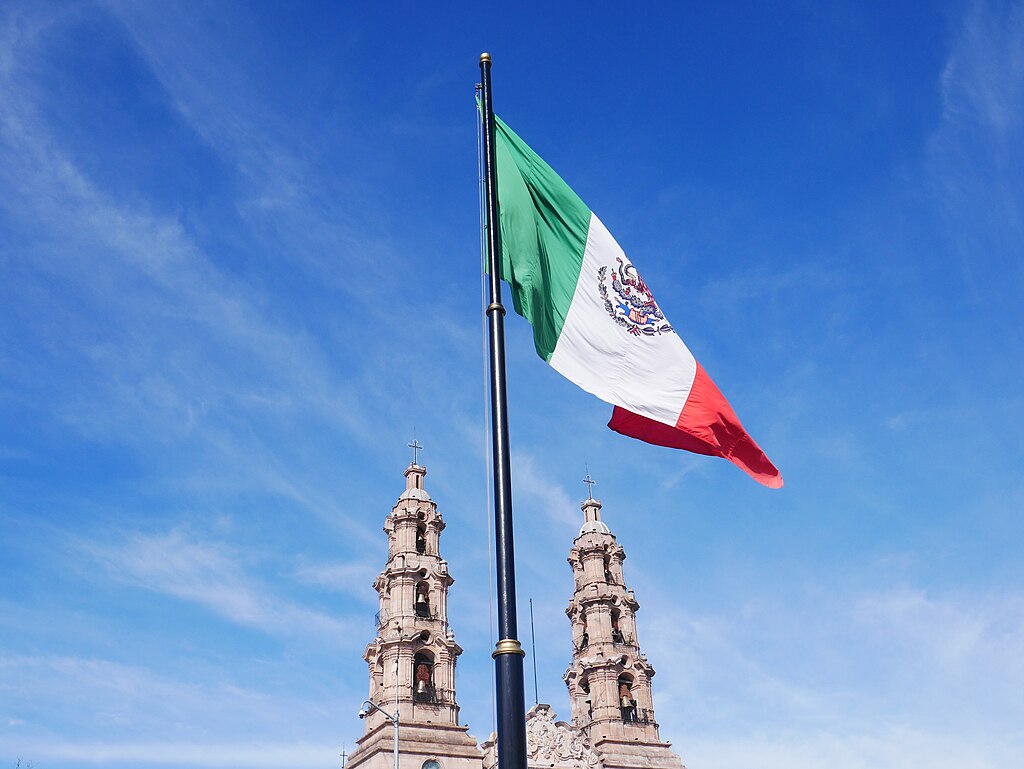TikTok's Future in Jeopardy Amid U.S. Legal Storm
An impending legal decision threatens to remove TikTok, the Chinese-owned video-sharing app, from the United States, outlining potential political and economic consequences on January 19.
Published January 12, 2025 - 00:01am

Image recovered from rfa.org
As the deadline of January 19 looms, TikTok's future in the United States hangs by a thread. The popular video-sharing app, owned by Chinese technology company ByteDance, could face a ban if it does not comply with U.S. demands to be sold to an American firm. This move, set in motion by American lawmakers, reflects deeper geopolitical tensions between the U.S. and China.
The U.S. government has raised national security concerns about TikTok, pointing to possible data privacy issues and the risk of Chinese governmental influence. In response, the U.S. Supreme Court recently deliberated over upholding legislation that mandates the sale or shut down of TikTok, with significant implications for digital privacy, freedom of speech, and the future of international tech companies operating in the country.
TikTok's legal team contends that the forced divestment infringes upon the First Amendment rights of its extensive user base. TikTok lawyer Noel Francisco argued that compelling a sale represents a violation of free expression rights, considering TikTok's role as a social platform for users to express political, artistic, and commercial ideas.
However, several U.S. justices questioned whether a foreign-owned application holding vast troves of American user data should benefit from the same First Amendment protections. Justice Samuel Alito, expressing skepticism, raised national security concerns about foreign involvement in U.S. digital infrastructure.
Former U.S. President Donald Trump, now re-emerging on the political stage, has shifted from his previous hardline stance regarding TikTok to advocating for its preservation, citing its role as a unique platform for free expression. This U-turn coincides with a growing recognition of the app's reach among key political demographics, which could be advantageous for electoral strategies.
In this tense climate, Project Liberty, spearheaded by entrepreneur Frank McCourt, has emerged as a potential buyer for TikTok. Project Liberty proposes to reconstruct TikTok with a focus on digital safety, distancing it from its original algorithms. By doing so, proponents hope to generate a healthier internet environment, prioritizing user data security.
The bipartisan effort to ban TikTok highlights deeper philosophical conflicts between state security interests and free-market operations. Critics argue that the ban could dampen digital impulsiveness and creativity, considering TikTok's unprecedented contribution to digital culture and its vast, engaged audience.
Meanwhile, on a grassroots level, users in places like Arizona are encouraged to back up their TikTok data in anticipation of the decision. Instructions on securing personal data emphasize the uncertainty that hangs over TikTok's presence in the United States.
The coming weeks will be crucial for TikTok and its stakeholders. The app's status reflects broader discourses on data sovereignty, technological influence, and how digital communities navigate power relations amid national and international policies. TikTok's fate remains a bellwether for the evolving dynamic between major world powers in the digital age.







